Academic partnerships hold immense potential for collaboration, innovation, and mutual growth between educational institutions and external organizations. To navigate this intricate journey towards a successful academic partnership, a well-defined roadmap is crucial. This comprehensive guide outlines the step-by-step process that ensures seamless and fruitful collaboration between stakeholders. From proposal to support, each stage plays a vital role in establishing and nurturing successful academic partnerships.
1. Propose:
The first stage of the roadmap involves defining the partnership model and identifying a suitable academic program. Educational institutions offer a variety of cooperation models, such as Approved Learning Centers, Approved Recruitment Centers, Approved Tutor Centers, and Approved EPA Centers. Furthermore, finding the right academic program is crucial, with a diverse range of fields and levels available. Innovative systems like APEL.Q (Accreditation of Prior Experiential Learning for Qualifications) provide opportunities to recognize and evaluate prior experiential learning.
2. Apply:
Prospective partners are invited to submit an APA (Academic Partnership Alliance) application form. By reaching out to partnership@education.holdings, interested parties can obtain the necessary application materials. Additionally, partners are encouraged to submit their business plans, simplifying the message to highlight their collaboration intentions and strengths. This step enables a better understanding between potential partners.
3. Approve:
To ensure a win-win partnership, a proposed partnership risk assessment is conducted. The aim is to identify potential risks and develop strategies to mitigate them. Once a suitable partnership opportunity is identified, the council proceeds with the steps of partner approval. An Academic Operational Lead is appointed to facilitate communication and collaboration between both parties. A scoping meeting is arranged to discuss and finalize the partnership’s various aspects, culminating in the development of an Academic Partnership Agreement that aligns with mutual benefits and adheres to the A.B.C Partnership standard.
4. Deliver:
This stage focuses on the actual implementation and delivery of the partnership. The partner’s staff receives comprehensive training and support materials to ensure a smooth transition into the collaboration. The partnership is then registered, and the official Partnership Approval Certificate is issued, reinforcing the partner’s official status and their commitment to students.
5. Monitor:
Ongoing monitoring is a critical aspect of successful academic partnerships. Annual meetings are scheduled to review the progress, assess outcomes, and provide guidance for further success. These meetings serve as opportunities to strengthen the partnership and address any concerns or challenges. Prior to the contract’s end, periodic partnership reviews are conducted to plan for the next phase, enabling collaboration expansion and necessary adjustments for mutual growth.
6. Support:
Supporting the partner is essential for sustained success. An improvement process is established, offering continuous support and improvement opportunities whenever needed. This process ensures that the collaboration serves the best interests of the students and optimizes outcomes. As new business opportunities arise, discussions are initiated to explore and elevate the partnership further.
The roadmap to successful academic partnerships provides a structured approach for organizations aiming to forge collaborations with educational institutions. Following this comprehensive guide, stakeholders can navigate through each stage with clarity, transparency, and efficiency. By embracing this roadmap, academic partnerships can thrive, driving innovation, fostering growth, and creating lasting impacts on both educational institutions and their external partners. If you’re interested in exploring the detailed timeline and gaining deeper insights into the academic partnership process, we invite you to visit the following link: https://academicpartnership.ch/academic-partnerships-process/.
Source: European Education Holdings – Academic Partnership Alliance


